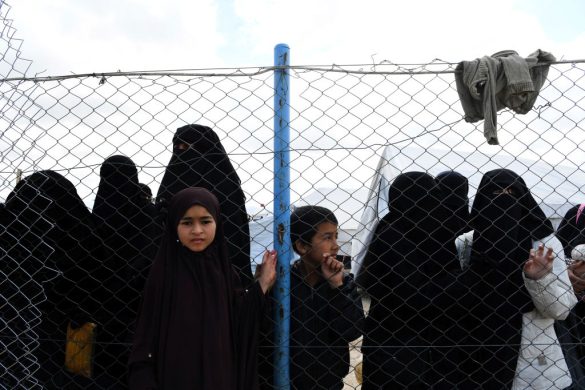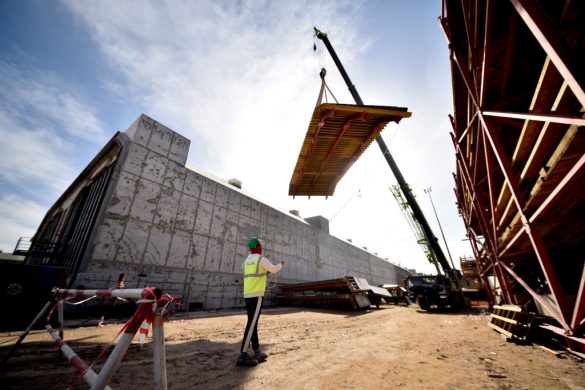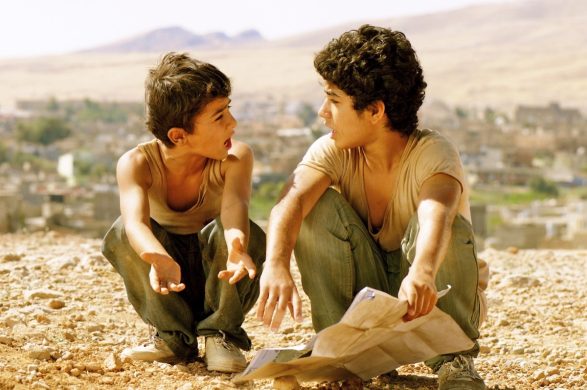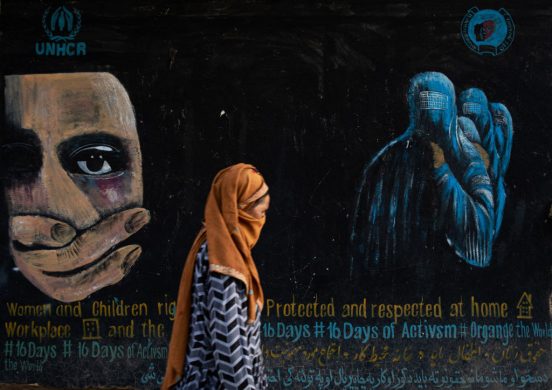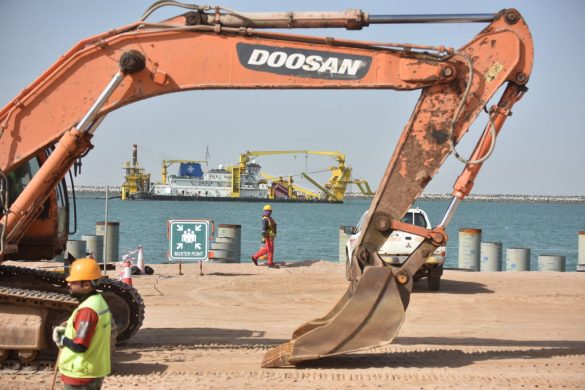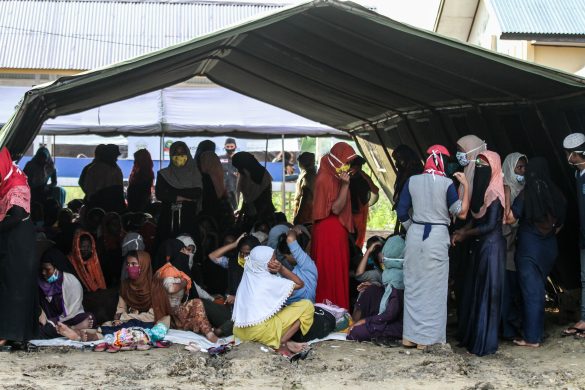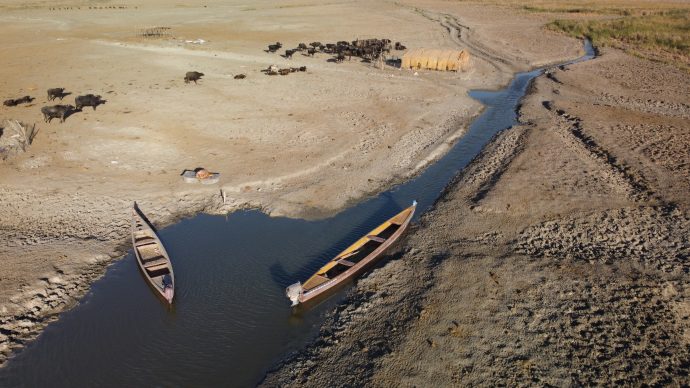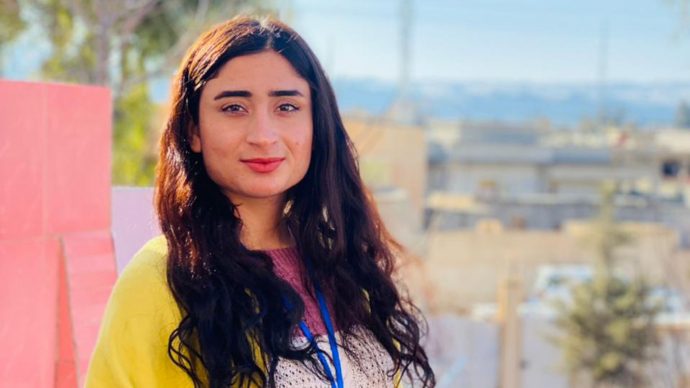BAGHDAD, 17 April 2017 (UNOCHA): Since the start of military operations to retake Mosul six months ago, nearly half a million people have been displaced from their homes.
“The sheer volume of civilians still fleeing Mosul city is staggering,” said Lise Grande, the Humanitarian Coordinator for Iraq.
“Our worst case scenario when the fighting started was that up to one million civilians may flee Mosul. Already, more than 493,000 people have left, leaving almost everything behind,” said Ms. Grande.
The UN estimates that as many as 500,000 people remain in ISIL-controlled districts in western Mosul, including 400,000 in the densely populated old city. Humanitarian partners are working around-the clock to expand emergency sites and camps to shelter the hundreds of thousands more who may flee in coming days and weeks.
“Mosul has pushed us to our operational limits,” said Ms. Grande. “1.9 million people have received life-saving assistance since the fighting began. Front-line organizations have been providing food, water, shelter, emergency kits, medical support and psycho-social services. We’re reaching families who have fled and families who have stayed.”
“We’re doing everything we can but this has been a long battle and the assault on the old city hasn’t started,” said Ms. Grande. “The battle in western Mosul is very different than in the east— it’s much tougher. There are more trauma injuries, homes are being destroyed, food stocks are dwindling quickly and families are at serious risk because there isn’t enough drinking water.” “Civilians in Mosul face incredible, terrifying risks. They are being shot at, there are artillery barrages, families are running out of supplies, medicines are scarce and water is cut-off. Nothing is more important than protecting civilians—nothing,” said Ms. Grande.
Under international humanitarian law, all parties to the conflict are obliged to do everything possible to protect civilians, ensure they have the assistance they need and limit damage to civilian infrastructure.





